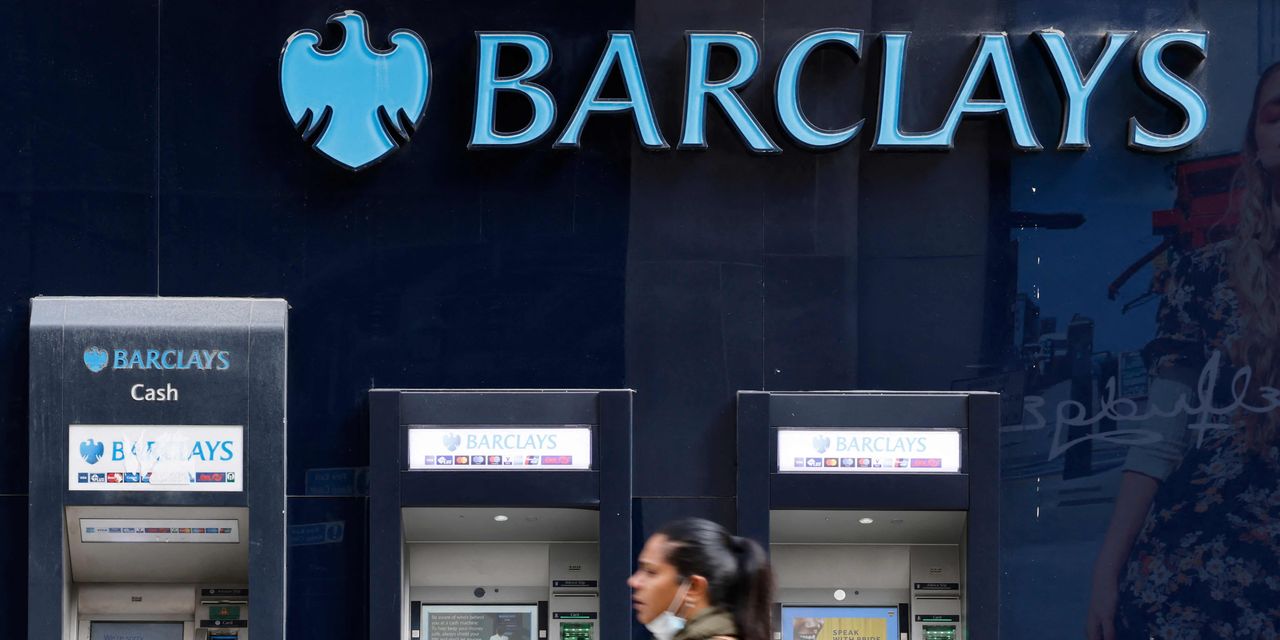Shares in U.K. banks fell sharply on Wednesday following reports the government was considering a further tax on the sector.
Lloyds
LLOY,
dropped 3.4%, NatWest
NWG,
shed 2%, and Barclays
BARC,
lost 1% after the Financial Times said new Chancellor of the Exchequer Jeremy Hunt might target the financial sector’s profits to help plug a £40 billion ($45 billion) hole in the government’s finances.
Hunt is due to deliver a Budget on October 31, attempting to heal the damage done to confidence in Britain’s fiscal position after his predecessor Kwasi Kwarteng’s badly received ‘mini-Budget’ containing £45 billion of debt-funded tax cuts.
U.K.-based banks already pay an 8% surcharge on profits, which when added to a corporation tax of 19% leaves a total effective tax rate of 27%. Hunt said on Monday that corporation tax would rise to 25% in April, potentially taking the total to 33%.
Michael Hewson, chief market analyst at CMC Markets, said the proposal was an unwelcome extension of the government’s tax take, noting that the energy sector, for example, had an effective tax rtae of 65% on their profits.
“This comes across as incredibly short-sighted at a time when the government should be looking to encourage investment into the UK economy,” said Hewson.
“It is true that banks look set to make higher profits from the rise in interest rates as well as reserves from overnight deposits held overnight at the Bank of England, but they are also likely to have to make further provision for impairments as the UK economy deteriorates over the next 12 months,” he added.
The Treasury’s attempts to balance the books comes amid a febrile period in the U.K. economy and politics.
Data released on Wednesday showed U.K. inflation back at a 40-year high of 10.1%. The news pushed up 10-year gilt yields
TMBMKGB-10Y,
by 6.8 basis points to 4.011%, making it even more expensive for the government to service its debts.
In addition, new Prime Minister Liz Truss, who sacked her previous Chancellor, Kwarteng, after his budget proposals triggered a bond market melt down, was recorded by YouGov pollsters as having a net favorability rating of -70.
Former Prime Minister Boris Johnson had a figure of -53 at the time of his resignation in July.
